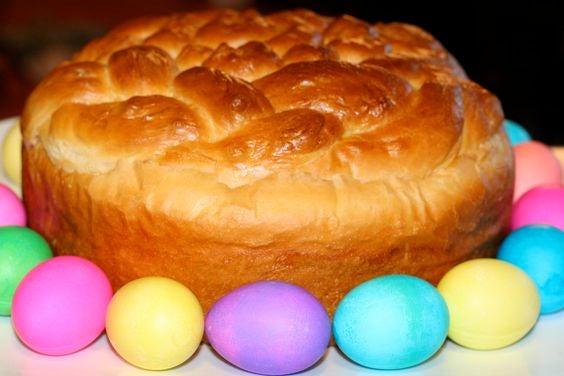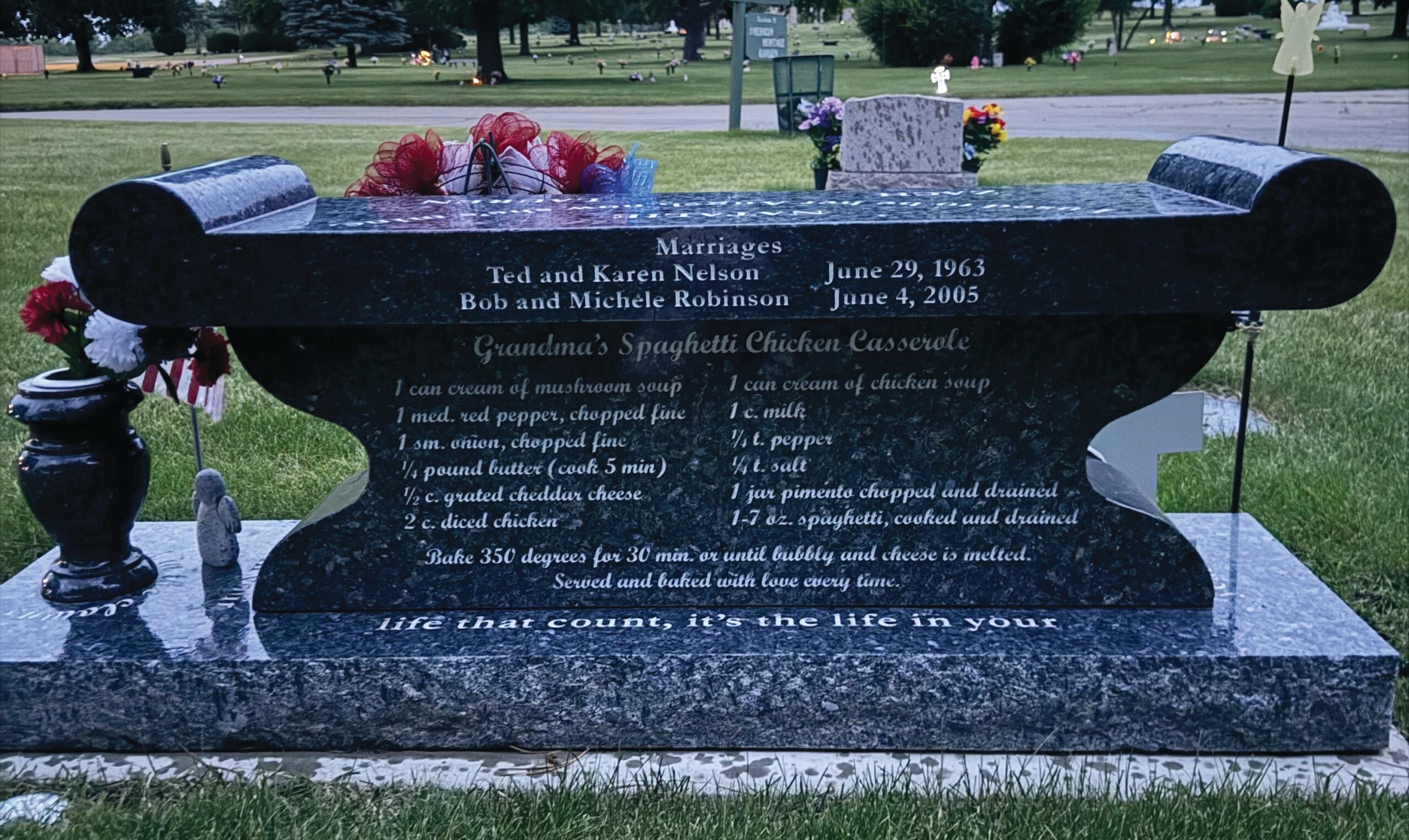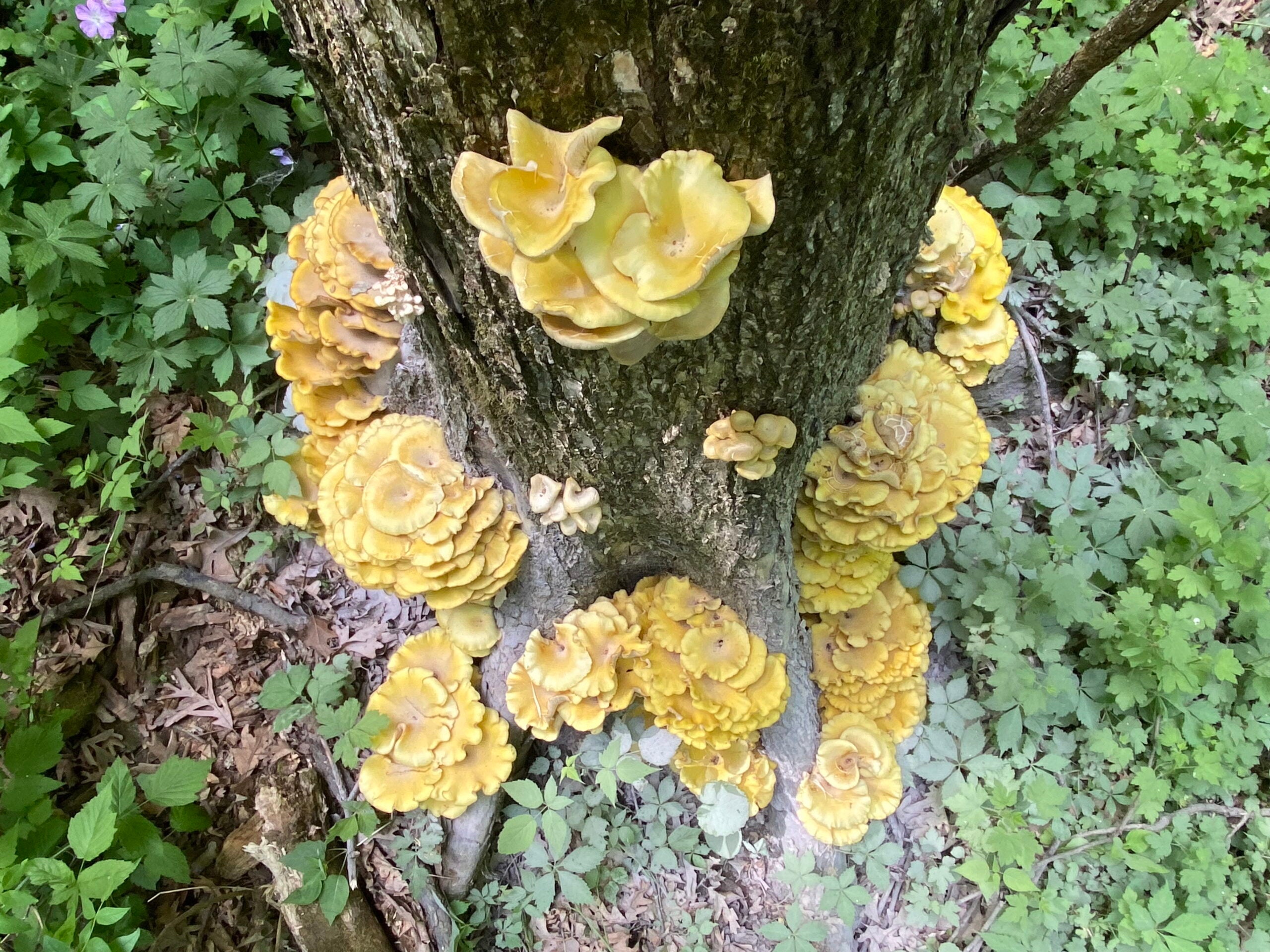Like much of her work, a new project by University of Wisconsin-Madison genetics professor Ahna Skop includes research, experimentation and inspiration from other scientists.
But unlike her other experiments, people are encouraged to try these at home — and eat the final results.
“Lab Culture: A Recipe For Innovation in Science” comprises more than 120 recipes from scientists around the world with the aim of connecting people through food.
News with a little more humanity
WPR’s “Wisconsin Today” newsletter keeps you connected to the state you love without feeling overwhelmed. No paywall. No agenda. No corporate filter.
“Part of our job as scientists is to take out invited speakers to dinner,” Skop said on WPR’s “Wisconsin Today.” “It’s actually one of my most favorite things. The dinner is a really nice, intimate place to learn about each other, and I wanted to capture that.”
Graduating senior Hareem Rauf did most of the research for the cookbook. Rauf told “Wisconsin Today” that working on the cookbook aligned with her interest in science communication.
“It was cool to see all these people from diverse backgrounds share recipes from family traditions and cultures,” Rauf said.
Skop said cultural diversity among people in STEM, or science, technology, engineering and math, can sometimes be shared more easily over a meal than inside a lab.
“We all have to eat,” Skop said. “I think that’s what unites us. … Food is the easiest way to people’s hearts, and that is where boundaries really break down. We are a product of our ancestors, and we bring a lot of those things with us.”
The book includes family recipes from across the world for dishes like palak paneer from India, black rice from Haiti and tiramisu from Italy. Some recipes, like the losi recipe contributed by Iranian molecular and cell biologist Kayayoun Chamany, represent a cultural blend in and of themselves.
“My mom got this recipe from someone in her immigrant community,” Chamany writes in the book about her recipe. “It may not be Persian, but it reminds me of my culture because of the really heavy hand that my mom and I use to add the cardamom.”
Skop shares her own family recipe in the cook book, too; a Ukrainian Easter bread.
“My dad is Ukrainian,” Skop said. “And my mother would make this bread multiple days ahead of time before Easter. The old Ukrainian grandmothers on my dad’s side of the family would bake them in these old Folgers cans, but my mom would make them in an angel food cake pan, so they were much bigger. They were so intricate and so remarkably beautiful.”
Skop said she hopes the cookbook shows how scientists are dynamic, multidimensional people with passions and hobbies.
And sometimes Skop’s hobbies intersect with her love of science.
“I make science cakes,” Skop said. “Every paper I publish, I make it in cake form and I put it on social media. I’ve always loved to bake — I would probably be a baker if I wasn’t a scientist. It’s actually very scientific. I had an undergrad professor that told me never trust a scientist who can’t cook. And I actually think that’s true!”






